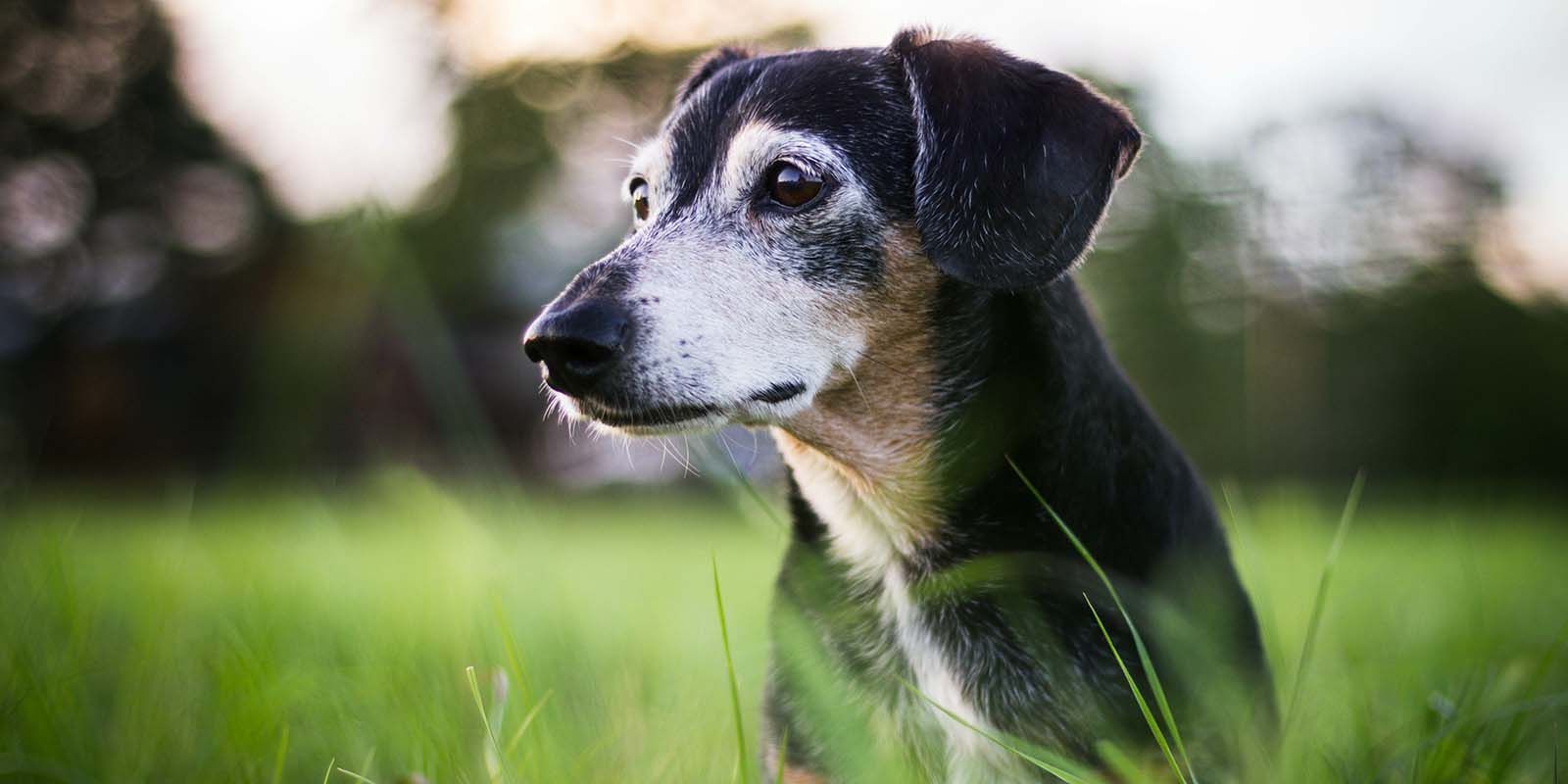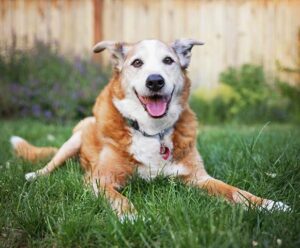Have you seen your senior pet act on a gross habit and not know why? Coprophagia, or feces consumption, is a common behavior in dogs. Your four-legged friend may engage in this behavior for many reasons, including the following, which are most common:
- Lack of nutrients: If your dog is lacking essential nutrients their diet should provide, they may turn to coprophagia.
- Malabsorption syndrome: In some instances, a dog may be unable to fully absorb nutrients in the small intestine, leading to malabsorption syndrome. To combat this disease, they may try to consume more nutrients by eating feces.
- Intestinal parasites: A high intestinal parasite load of roundworms, whipworms and other parasites can leach nutrients when they set up shop in your pet’s intestinal tract. Coprophagia is commonly seen in puppies with a heavy parasite load, who struggle to grow, despite ingesting adequate nutrients.
- Anxiety: Dogs who suffer from anxiety often defecate inappropriately in the house and then try to hide the evidence by eating their stool, especially if they have been harshly punished in the past.
- Disease: Some diseases can make dogs so hungry, they turn to any source available to take in more food, including their own feces. Diabetes, hypothyroidism and Cushing’s disease may cause your dog to eat their stool.
Coprophagia can be a serious concern in senior pets and can be a sign of underlying disease if they begin eating their stool or other pets’ feces.
Looking for help to break your dog’s bad habit? If your pet regularly eats their own feces, schedule an appointment to talk with our team to ensure your pet does not have a nutrient deficiency or other issue.



